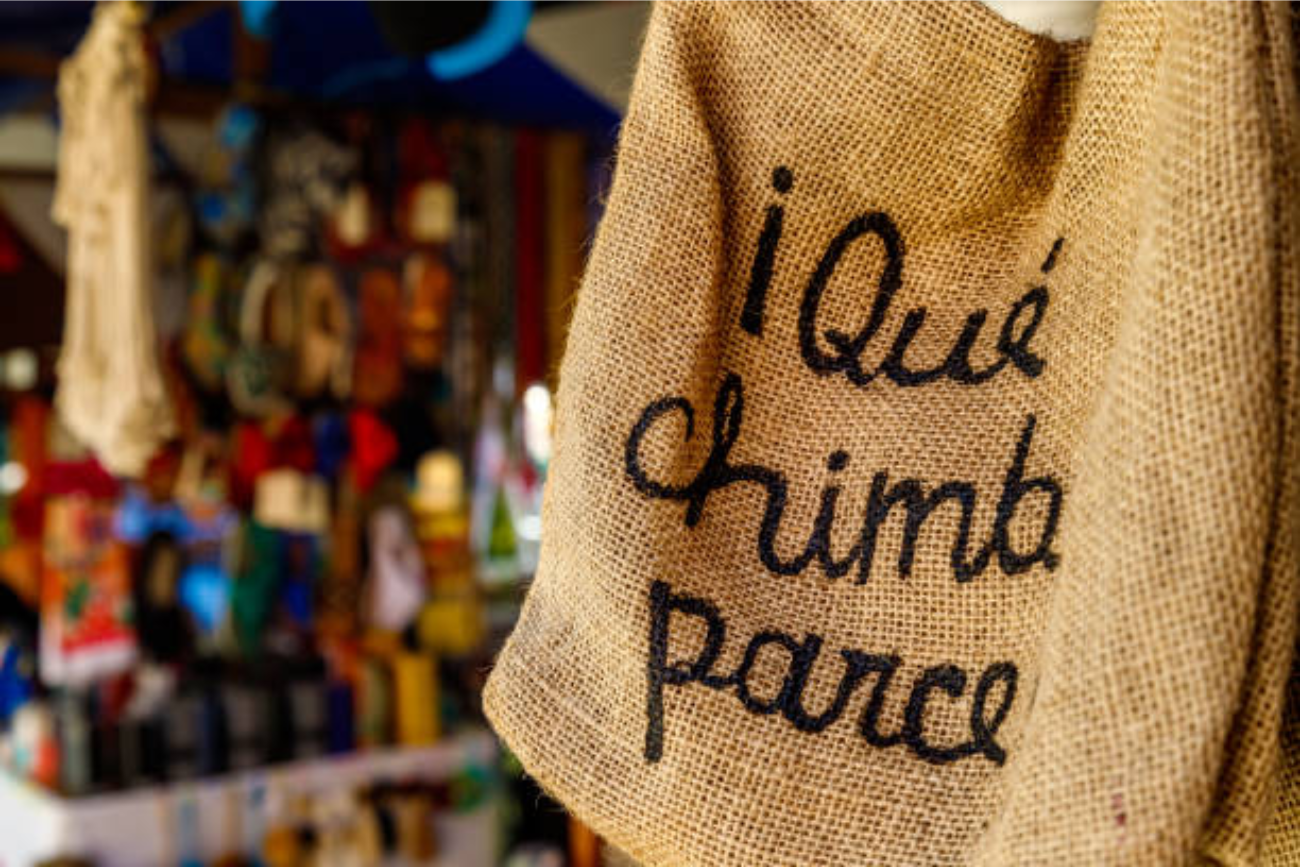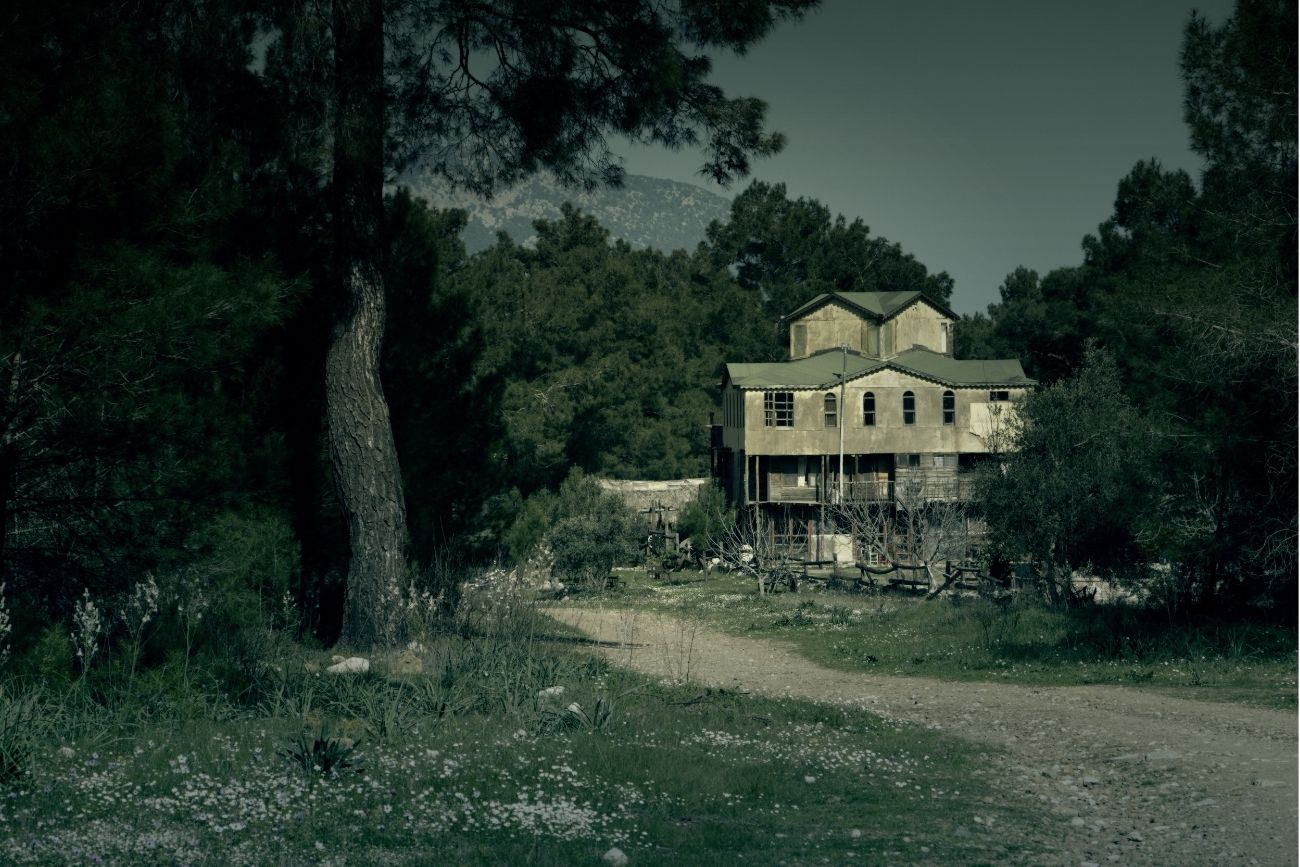
22 Key Expressions in Colombian Spanish for Everyday Use
When diving into the vibrant world of Colombian Spanish, you’ll quickly realize that the language is a rich tapestry of Key Colombian Expressions that give insight into the culture, humor, and everyday life of Colombians. Whether you’re planning a trip, conversing with locals, or simply trying to understand a Colombian telenovela, these 22 Key Colombian Expressions will not only help you communicate better but also allow you to connect on a deeper level with the people and the culture.
Common Expressions for Everyday Conversations

1. ¡Qué bacano!
One of the most quintessentially Colombian expressions, “¡Qué bacano!” is used to describe something cool, awesome, or fantastic. Whether you’re admiring a view or enjoying a new experience, this phrase will come in handy.
2. Hacer una vaca
No, this doesn’t involve actual cows. “Hacer una vaca” means to collect money among a group of people for a shared expense, like a party or a gift. It’s a common practice in Colombia when pooling resources for a fun night out.
3. Pilas
“¡Pilas!” literally means “batteries,” but in Colombian slang, it’s a way to tell someone to be alert or on their toes. Whether you’re navigating a crowded market or crossing a busy street, it’s a useful expression to know.
4. ¡De una!
Short for “de una vez,” this phrase is used to express agreement or enthusiasm to do something immediately. It’s akin to saying “Let’s do it!” or “Absolutely!”
5. No dar papaya
A phrase that embodies a key piece of Colombian wisdom, “no dar papaya” means not to give someone the opportunity to take advantage of you. Whether it’s about keeping your belongings safe or avoiding risky situations, it’s advice well worth heeding.
6. Parcero/Parcera
A casual term for friend, “parcero” (for males) or “parcera” (for females) is widely used in Colombia, especially in Medellín. It’s equivalent to saying “buddy” or “pal.”
7. Chévere
This versatile word means cool, nice, or agreeable. You’ll hear it often, whether someone is talking about an experience, a person, or even the weather.
Expressing Feelings and Emotions

8. Tener tusa
If you’re heartbroken, you’re likely to hear someone say you “tienes tusa.” This expression is widely used in Colombia to describe the emotional pain of a breakup.
9. Estar enguayabado
“Estar enguayabado” refers to being hungover. After a night of enjoying Colombia’s famous rum, this expression might become part of your vocabulary.
10. Jartera
“Jartera” describes a feeling of boredom or annoyance. If something is a “jartera,” it’s a hassle or something tedious that you’d rather avoid.
11. Estar como una cabra
This is a fun way to say someone is acting crazy. “Estar como una cabra” literally means “to be like a goat,” drawing on the animal’s erratic behavior.
12. Coger el toro por los cuernos
Similar to the English phrase “take the bull by the horns,” this expression is about facing challenges head-on.
Do you want to dive deeper into Colombian language and culture?
13. Estar jincho
If someone is “jincho,” they’re drunk. It’s a slang term you might hear during a night out with friends.
14. Más perdido que el hijo de Lindbergh
This colorful expression is used to describe someone who is utterly lost or confused, often with a hint of humor. It references the famous case of the kidnapped son of aviator Charles Lindbergh.
Navigating Social Situations and Culture

15. Dar papaya
A contrast to “no dar papaya,” this phrase means to make yourself vulnerable or put yourself in a position where you could be taken advantage of. It’s something you definitely want to avoid!
16. Montar cacho
This phrase is equivalent to “cheating” in a relationship. If someone is “montando cacho,” they’re being unfaithful to their partner.
17. Lleva del bulto
This expression means to get into trouble or suffer the consequences of something. If you “llevas del bulto,” you’re likely facing the brunt of a bad situation.
18. Sacarle el jugo
To “sacarle el jugo” means to make the most out of something, whether it’s an opportunity, a resource, or an experience.
19. Estar embolatado
If someone is “embolotado,” they’re overwhelmed or caught up in something complicated. It’s a handy term for those moments when life gets a bit chaotic.
20. Ponerle el cascabel al gato
This phrase refers to doing something difficult or risky, often for the greater good. It’s akin to taking on a challenging task that others are hesitant to tackle.
21. Mamadera de gallo
“Mamadera de gallo” is playful teasing or joking around. It’s a common practice in Colombian social interactions, where humor plays a big role in communication.
22. Irse de parche
This expression means to hang out or go out with friends. A “parche” is a group of friends, and to “irse de parche” is to spend time together, usually in a relaxed, fun setting.

Learning these Key Colombian Expressions not only equips you with the tools to navigate conversations more smoothly but also gives you a deeper understanding of the Colombian way of life. Language is a window into culture, and by familiarizing yourself with these phrases, you’ll find yourself connecting more authentically with locals.
For a more immersive experience and to see these expressions in context, you might enjoy exploring Short Stories in Colombian Spanish, a collection designed to help you learn while enjoying captivating narratives.
Do you want to dive deeper into Colombian language and culture?






